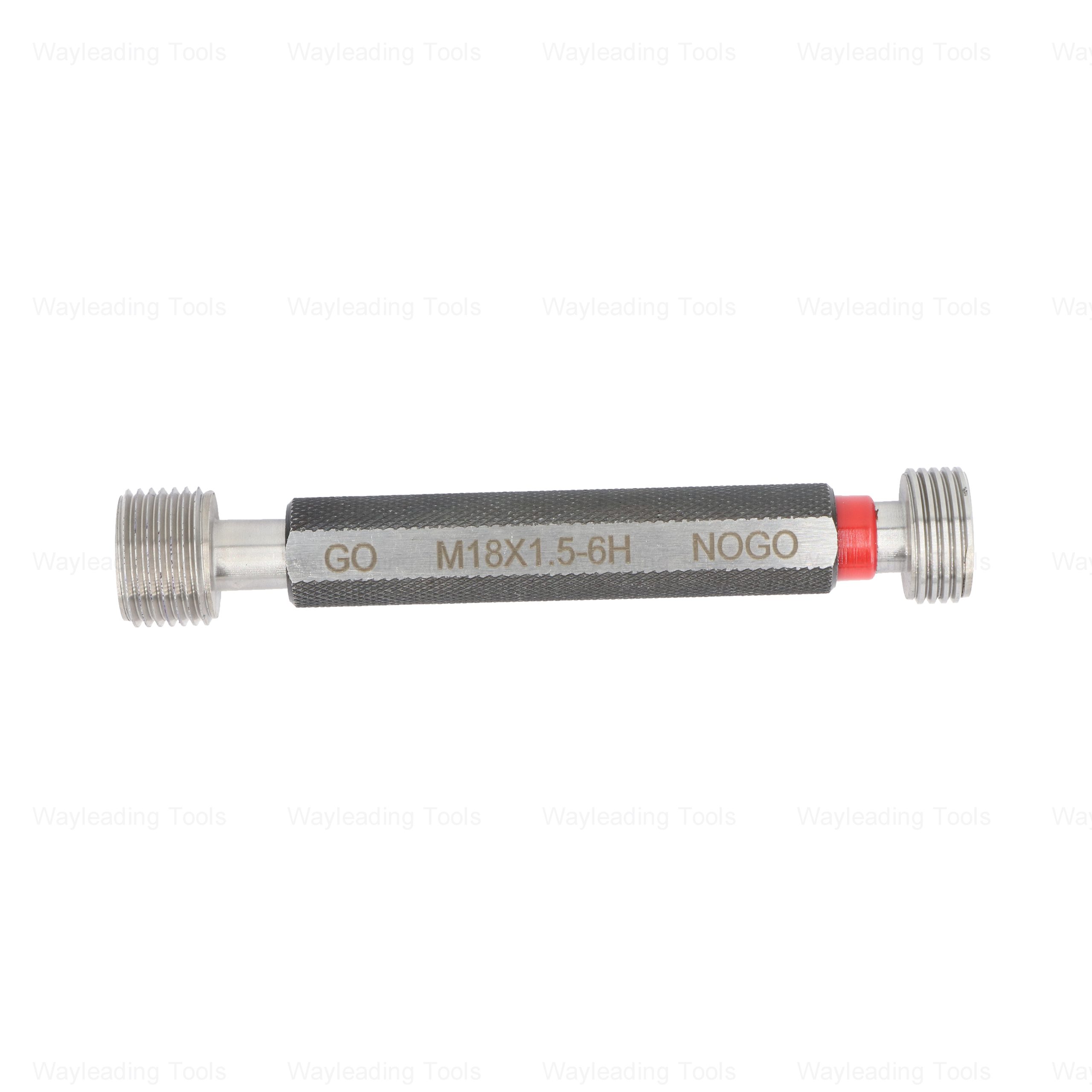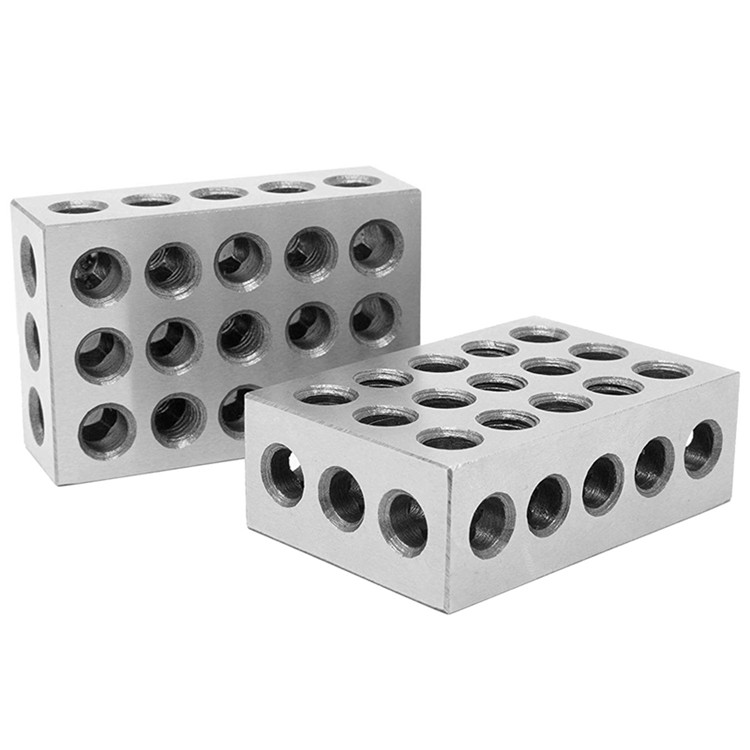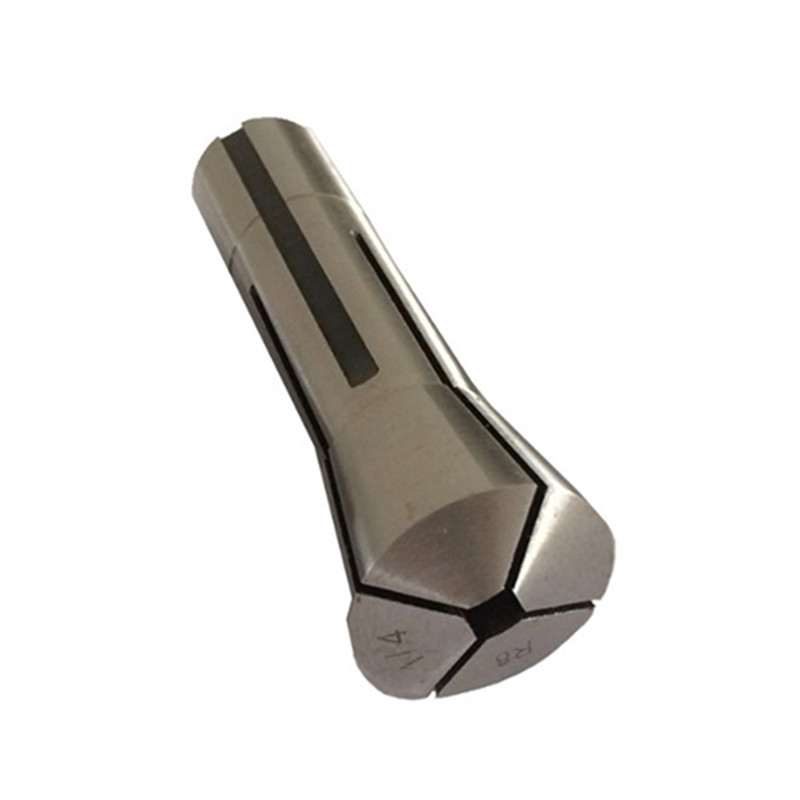inside micrometer set Factories
Finding the right inside micrometer set factories involves understanding your measurement needs, the types of micrometers available, and the capabilities of different manufacturers. This guide explores key considerations for selecting a factory, including quality control, customization options, and post-sales support. We also highlight the importance of material selection and precision engineering in achieving accurate and reliable internal measurements.
Understanding Inside Micrometers
What is an Inside Micrometer?
An inside micrometer is a precision measuring instrument used to determine the internal dimensions of an object, such as the bore of a cylinder or the width of a groove. Unlike calipers, inside micrometers are designed for highly accurate internal measurements, typically down to 0.001 inch or 0.01 mm.
Types of Inside Micrometers
Several types of inside micrometers exist, each suited to different applications:
- Standard Inside Micrometer: Features a measuring head with two opposing anvils that expand to contact the internal surface.
- Three-Point Inside Micrometer: Offers self-centering capabilities, making it easier to obtain accurate measurements, especially in bores.
- Inside Micrometer Set: Includes a range of interchangeable extension rods to accommodate various measuring ranges. These are often preferred by professionals who need versatility.
- Digital Inside Micrometer: Provides a digital display of the measurement, reducing the risk of reading errors.
Key Considerations When Choosing Inside Micrometer Set Factories
Quality Control and Certifications
Rigorous quality control is paramount. Look for inside micrometer set factories that adhere to international standards such as ISO 9001. Certifications like these indicate a commitment to consistent product quality and process control. Ask for documentation related to calibration procedures and traceability of materials.
Material Selection
The materials used in inside micrometer sets significantly impact their accuracy and durability. High-quality materials like hardened tool steel or carbide are essential for the measuring anvils to resist wear and maintain precision over time. The body of the micrometer should also be made of a stable material that is resistant to temperature changes.
Manufacturing Capabilities and Customization
Consider factories that offer customization options. This might include specific measuring ranges, special anvil shapes, or custom markings. Factories with advanced CNC machining capabilities are more likely to meet specific requirements. For instance, Wayleading Tools offers bespoke manufacturing solutions, ensuring your inside micrometer set perfectly matches your application.
Accuracy and Precision
The accuracy and precision of an inside micrometer set are critical. Reputable inside micrometer set factories provide detailed specifications, including accuracy ratings and resolution. Always verify these specifications and, if possible, conduct your own testing or request sample measurements.
Calibration and Maintenance
Proper calibration is essential for maintaining the accuracy of inside micrometers. Choose a factory that provides calibration services or recommends reputable calibration labs. Regular maintenance, including cleaning and lubrication, is also important. The factory should provide clear instructions on proper maintenance procedures.
Post-Sales Support and Warranty
Comprehensive post-sales support and a solid warranty are indicators of a reliable manufacturer. Ensure the factory offers technical support, repair services, and readily available spare parts. A longer warranty period typically reflects greater confidence in the product's quality.
Finding Reputable Inside Micrometer Set Factories
Online Research and Reviews
Begin by conducting thorough online research. Look for inside micrometer set factories with a strong online presence and positive customer reviews. Websites like ThomasNet and IndustryNet can be valuable resources for identifying potential suppliers.
Trade Shows and Industry Events
Attending trade shows and industry events provides an opportunity to meet with manufacturers face-to-face and assess their capabilities firsthand. This allows you to ask specific questions, examine product samples, and establish a personal connection with the factory representatives.
Factory Audits and Site Visits
If possible, conduct a factory audit or site visit to assess the factory's facilities, equipment, and quality control processes. This provides valuable insights into the factory's capabilities and its commitment to quality. During your visit, observe their manufacturing process, equipment, and quality control procedures.
Comparing Inside Micrometer Set Factories: A Sample Table
| Factory | Certifications | Material | Customization | Warranty |
|---|---|---|---|---|
| Wayleading Tools | ISO 9001 | Hardened Tool Steel, Carbide | Yes | 2 Years |
| Competitor A | ISO 9001 | Hardened Tool Steel | Limited | 1 Year |
| Competitor B | None Listed | Unknown | No | 30 Days |
Conclusion
Selecting the right inside micrometer set factory requires careful consideration of factors such as quality control, material selection, manufacturing capabilities, and post-sales support. By conducting thorough research, performing due diligence, and prioritizing quality and reliability, you can ensure that you choose a factory that meets your specific needs and delivers accurate and durable measuring instruments.
Disclaimer: This article provides general information and should not be considered professional advice. Always consult with qualified experts for specific applications.
Source: ISO 9001 Standards Organization, IndustryNet Database
Related products
Related products
Best selling products
Best selling products-
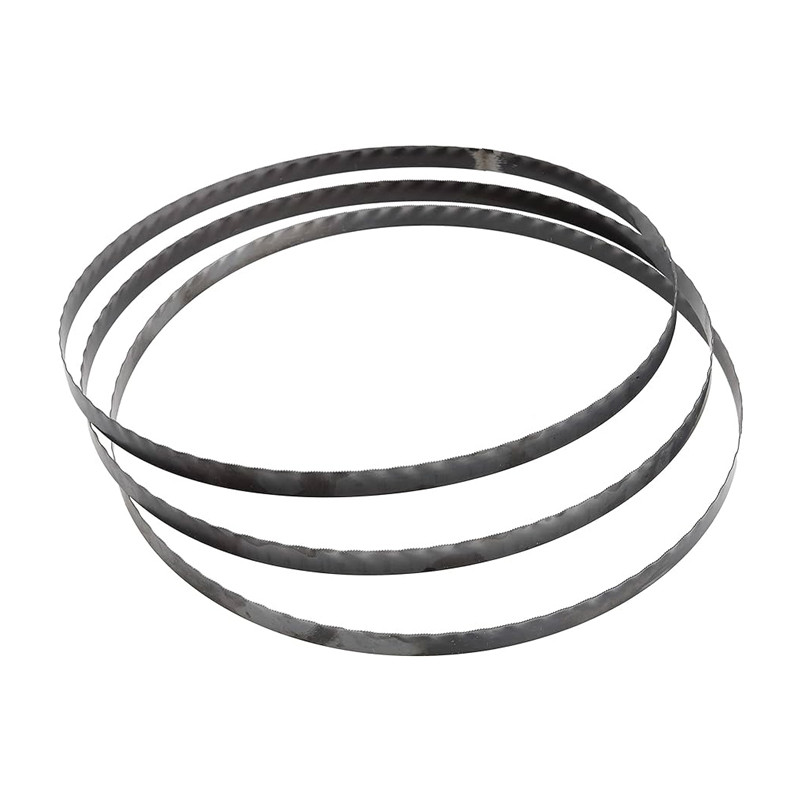 M42 Bi-Metal Bandsaw Blades For Industrial Type
M42 Bi-Metal Bandsaw Blades For Industrial Type -
 Straight Shank ER Collet Chuck Holders With Extending Rod
Straight Shank ER Collet Chuck Holders With Extending Rod -
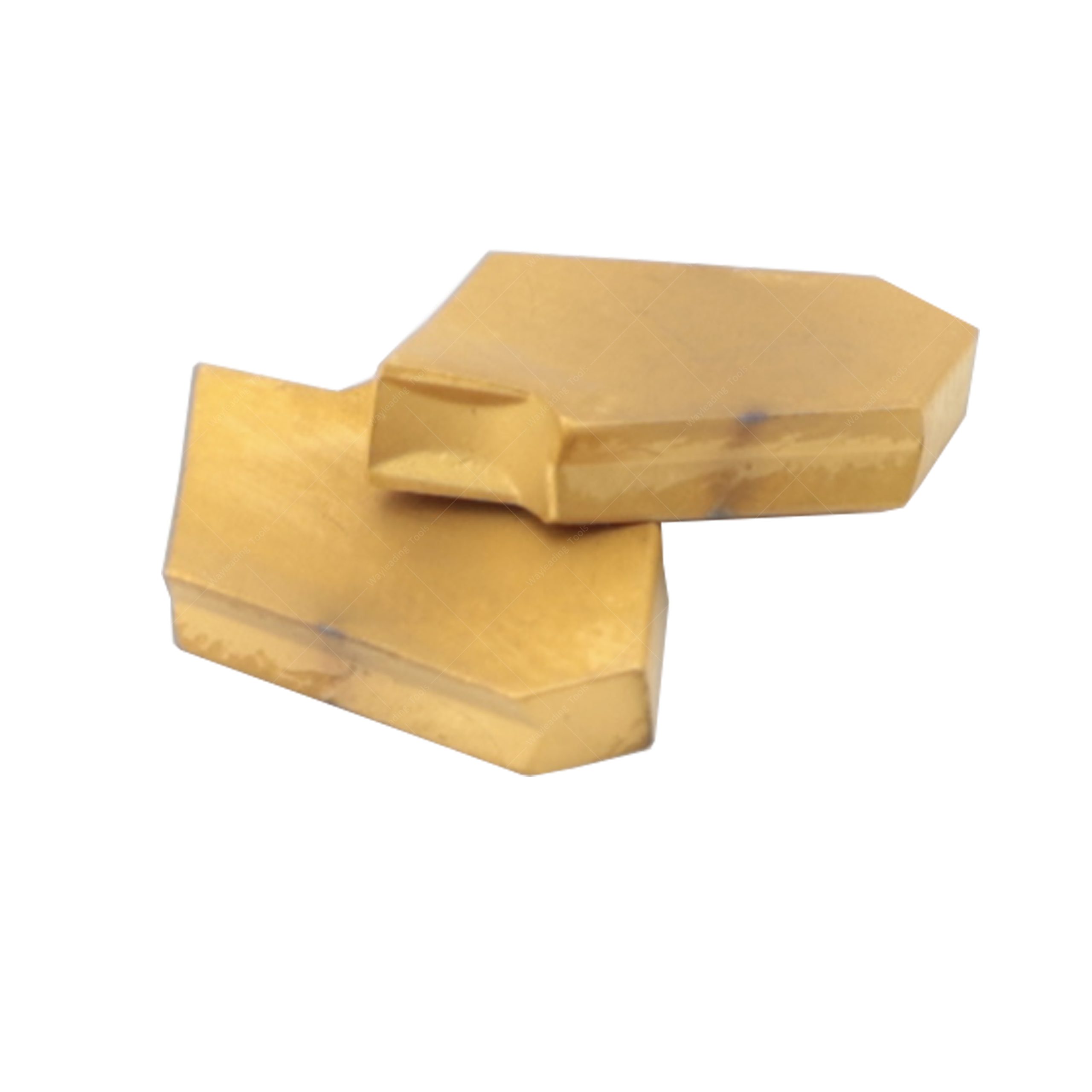 GTN Parting & Grooving Insert For NCIH Blade
GTN Parting & Grooving Insert For NCIH Blade -
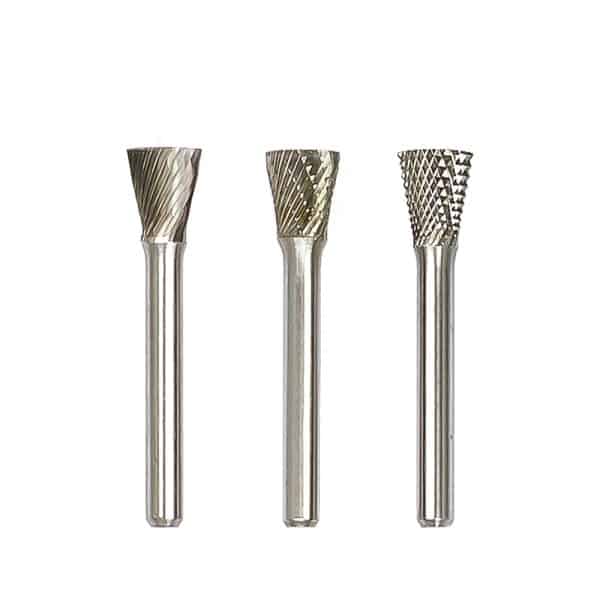 Type N Inverted Cone Tungsten Carbide Rotary Burr
Type N Inverted Cone Tungsten Carbide Rotary Burr -
 Dead Center For Morse Taper Shank
Dead Center For Morse Taper Shank -
 Precision V Block And Clamps Set With Heavy Duty
Precision V Block And Clamps Set With Heavy Duty -
 32 Blades Feeler Gauge From 0.04-0.88MM
32 Blades Feeler Gauge From 0.04-0.88MM -
 Precision 8pcs & 9pcs Angle Blocks Set With High Quality Type
Precision 8pcs & 9pcs Angle Blocks Set With High Quality Type -
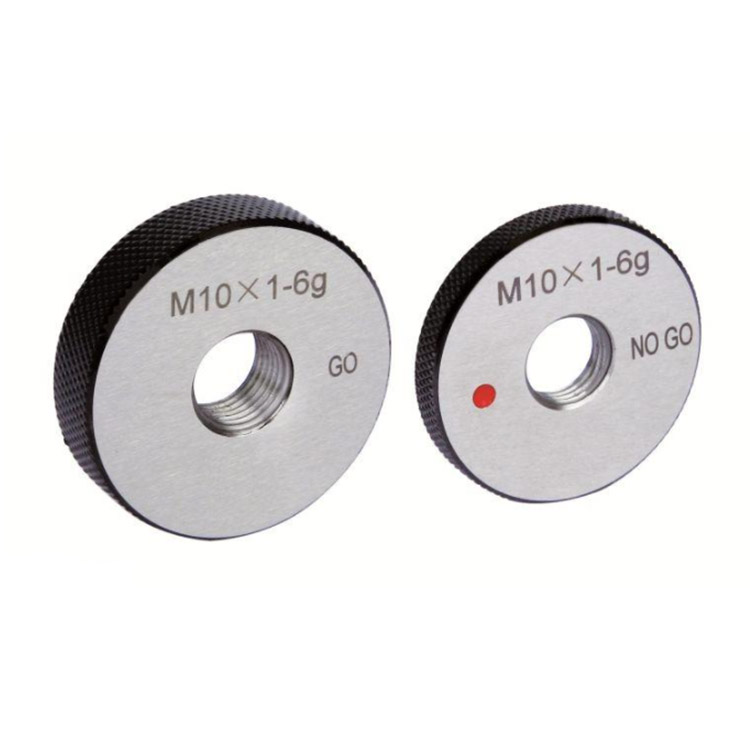 Metric Thread Ring Gauge 6g Accuracy With Go & NO Go
Metric Thread Ring Gauge 6g Accuracy With Go & NO Go -
 Indexable Spade Drill Holder With Helical Flute Holder And Taper Shank
Indexable Spade Drill Holder With Helical Flute Holder And Taper Shank -
 Type E Oval Tungsten Carbide Rotary Burr
Type E Oval Tungsten Carbide Rotary Burr -
 Depth Vernier Gauge With Stainless Steel And Monoblock Depth Type
Depth Vernier Gauge With Stainless Steel And Monoblock Depth Type


